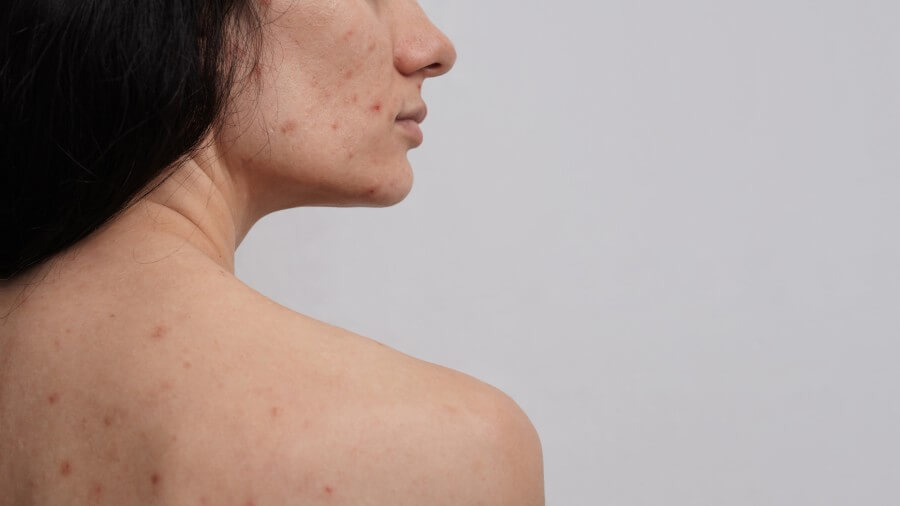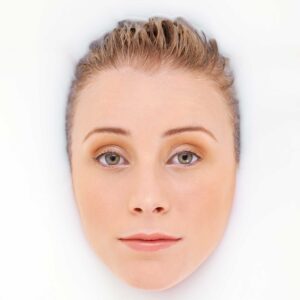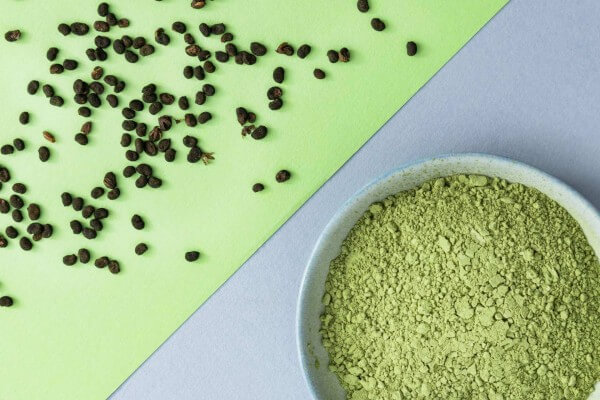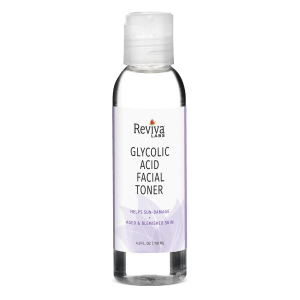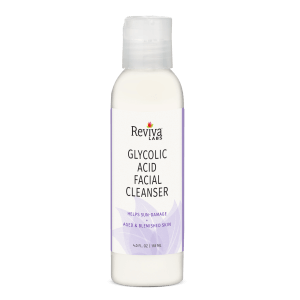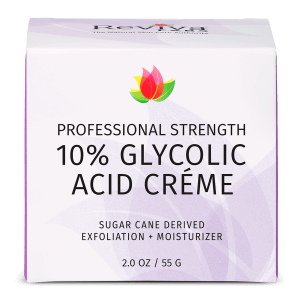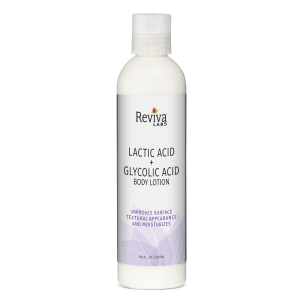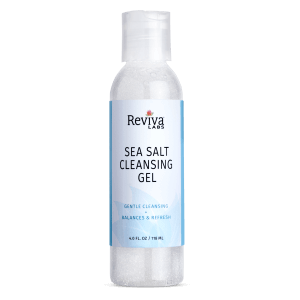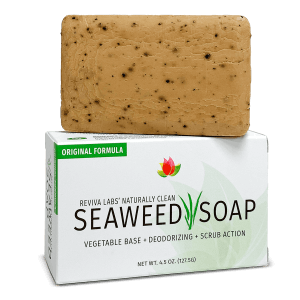Reviva Labs, Skin Care
Understanding Breakouts and Bacne Caused by Hair Care Products
Breakouts and bacne (acne that appears on the back) can be frustrating, especially when they stem from products designed to care for your hair. This connection may seem odd at first, but it’s quite logical. Hair care products such as shampoos, conditioners, and styling products often contain oils, silicones, and other ingredients that can clog pores if they come into contact with the skin. This can lead to acne on the scalp, forehead, back, and other areas where hair touches the skin.
The Role of Hair Care Ingredients in Skin Health
The first step in addressing breakouts and bacne from hair care products is to identify the problematic ingredients. Common culprits include certain oils, silicones, and sulfates. These ingredients can leave a residue that blocks pores and triggers breakouts. Additionally, some hair care products contain harsh chemicals that can strip the skin and hair of natural oils, leading to overproduction of oil as the skin tries to compensate, which further exacerbates acne issues.
Ingredients such as coconut oil and shea butter are excellent for hair health, providing moisture and nutrients. However, they are also heavy and can be problematic for those with acne-prone skin. It’s important to rinse your hair thoroughly after using products containing these ingredients to prevent them from sitting on the skin.
Techniques to Prevent Breakouts from Hair Care Products
To combat breakouts and bacne caused by hair care products, consider changing your hair washing routine. It’s a good practice to wash your face, neck, and back after rinsing out hair conditioner to remove any residue that could contribute to breakouts. This simple change can significantly reduce the likelihood of acne developing from hair care products.
Choosing the right products is crucial. Opt for hair care items labeled as “non-comedogenic,” meaning they are specifically formulated to not clog pores. These products are less likely to contribute to acne on the scalp or skin. Additionally, it may be beneficial to use lighter products that contain fewer oils and silicones if you’re prone to acne.
Another technique is to tie your hair up if it’s long enough to touch your back. Keeping hair off your back can prevent oils and product residue from transferring to the skin, which can reduce the occurrence of bacne. Additionally, using a separate towel for your hair and your body can prevent cross-contamination of oils and residues.
Lifestyle Adjustments for Healthier Skin
Beyond product selection and application techniques, certain lifestyle changes can also help manage and prevent breakouts related to hair care products. Regularly changing and washing pillowcases, as well as any clothing that comes into frequent contact with hair products like hats and scarves, can reduce the buildup of oils and product residues that contribute to acne.
Maintaining a balanced diet and staying hydrated also play roles in skin health. Diets high in sugar and dairy have been linked to increased acne in some individuals. Reducing these can help mitigate breakouts. Hydration helps in maintaining the moisture balance of the skin and can aid in flushing out toxins that might contribute to acne.
Statistical Insight into Acne and Hair Care Product Usage
A statistic from the American Academy of Dermatology suggests that about 40-50 million Americans suffer from acne at any given time. This highlights the prevalence of acne and the importance of addressing all potential contributing factors, including the impact of hair care products.
Simple Solutions and Adjustments
Finally, if persistent acne is a problem despite making these changes, it may be worth consulting with a dermatologist. A professional can offer personalized advice and treatment options, including topical treatments and other medications that can control severe cases of acne. They can also provide insights into which ingredients might be particularly problematic for your skin type, helping you to choose the most appropriate hair care products.
In conclusion, while hair care products are essential for maintaining healthy hair, they can sometimes cause skin issues such as breakouts and bacne. By being mindful of the ingredients in your hair care products, adjusting your hair washing routine, and making simple lifestyle changes, you can significantly reduce the risk of these unwanted side effects. Remember, every small step can lead to clearer skin and better overall health.



